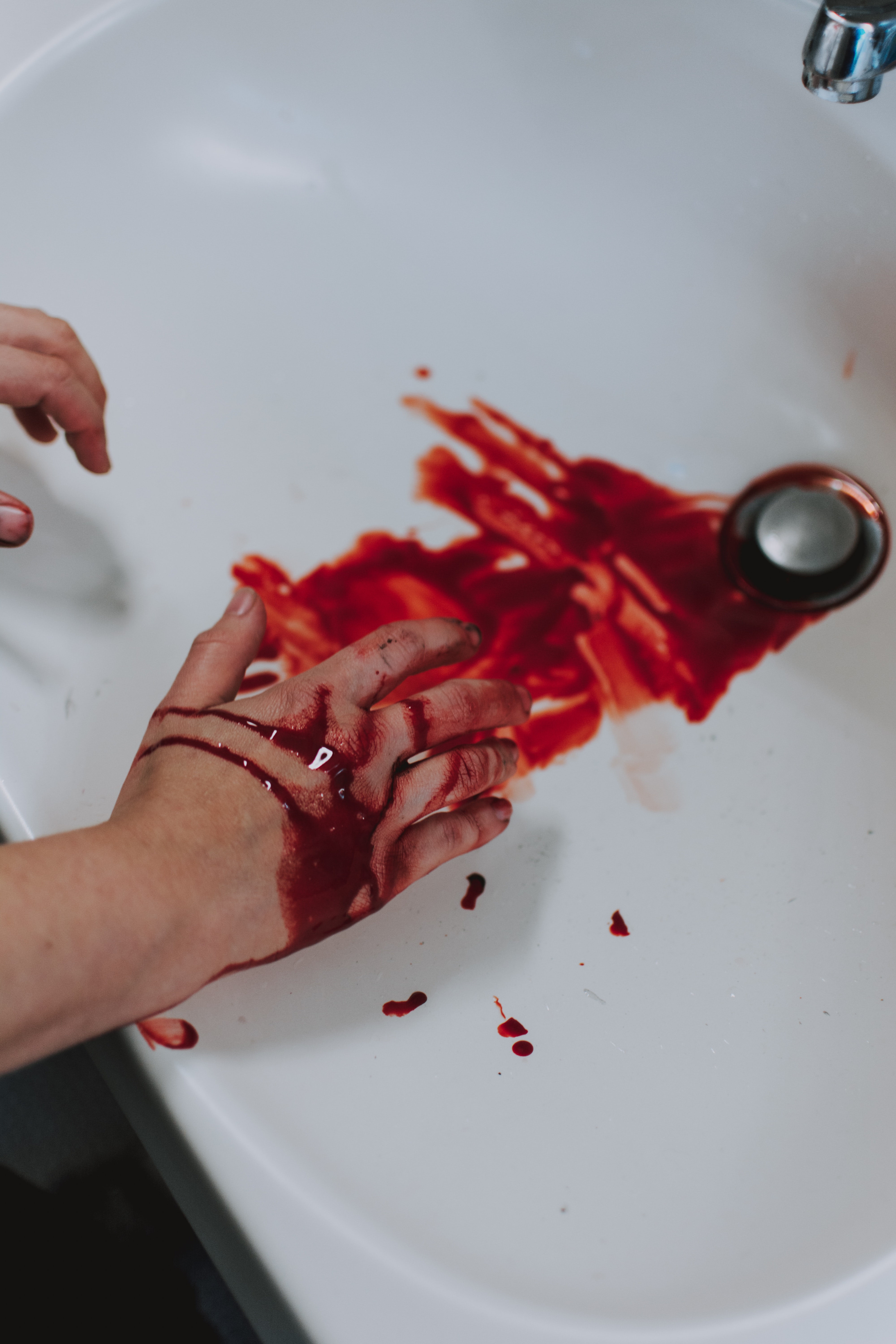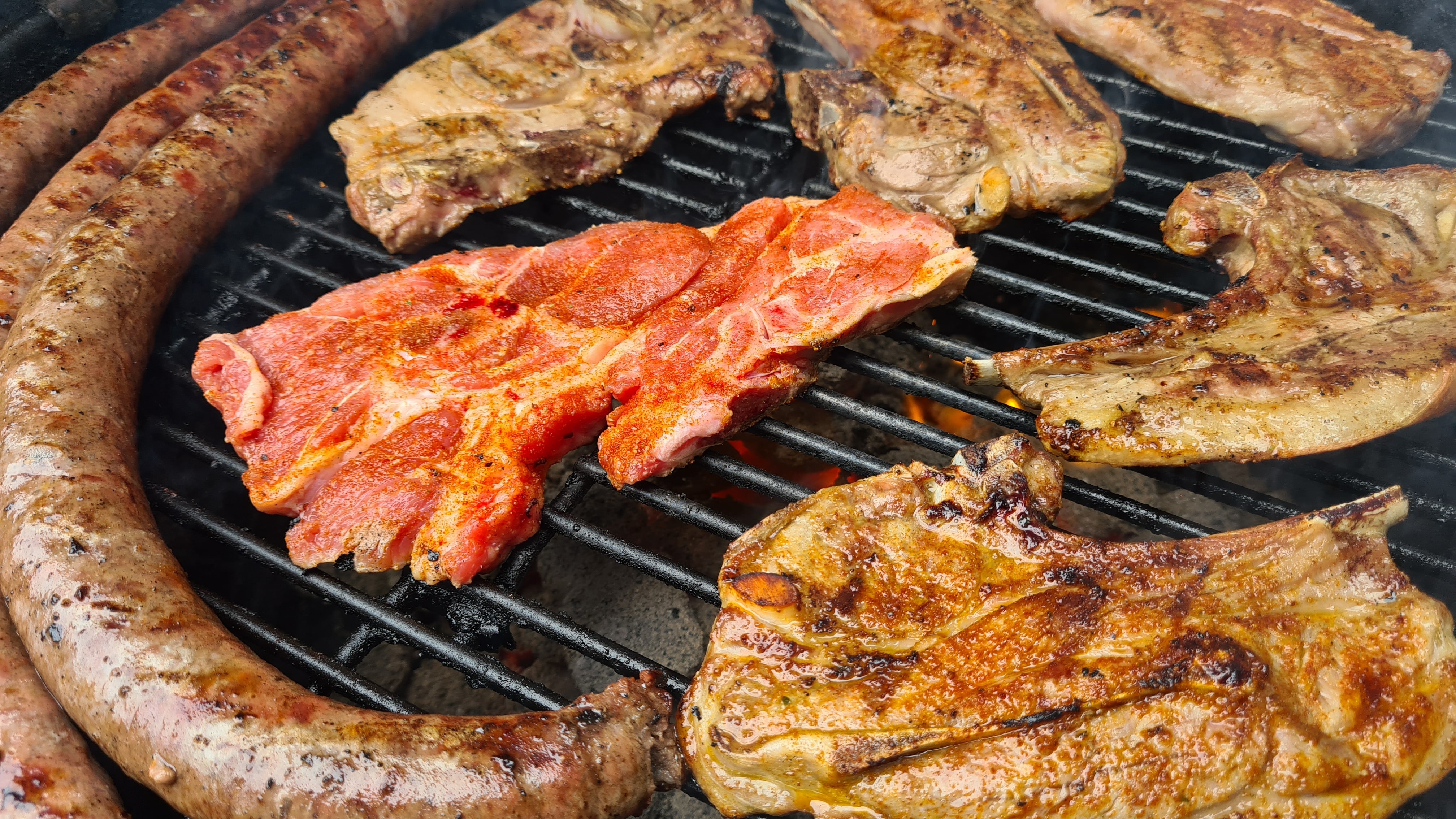Iron deficiency anaemia

Feeling weak and tired? Despite having enough sleep and rest you just can't get the energy level that you want. You could be suffering from anaemia.
Anaemia is a condition in which the number of red blood cells or the haemoglobin concentration within them is lower than normal. Red blood cells is an important cells that give your blood the striking red colors. It helps to carry oxgen to the tissues. Anaemia reduced the capacity of blood to carry oxygen to the tissues.
Various symptoms of anaemia includes:
- Feeling tired and weak
- Feeling dizziness, light-headed and fainting
- Headache
- Chest pain, difficulty of breathing, heart beating faster especially when you exert yourself and in severe cases heart failure
- Feeling cold, numbness or tingling at the tips of your finger and toes
- Tinnitus (ringing in the ears)
- Reduced effort tolerance
- Skin turning pale or yellow
- Spoon-shaped nails ('koilonychia'), brittle nails
- Unable to focus and perform at work and school

Anaemia is a serious health condition that affect particularly young children and pregnant women. WHO estimates that 42% of children less than 5 years of age and 40% of pregnant women worldwide are anaemic. Anaemia in children can cause inadequate growth, poor cognitive and brain development and poor academic performance in school. Anaemia during pregnancy increase risk of low birth weight infants, premature delivery and long term irreversible cognitive problems in the baby.
There are many type and causes of anaemia. The optimal haemoglobin concentration varies by the age, sex, elevation of residence, smoking habits and pregnancy status. Anaemia can happen in acute and chronic forms. It can also be mild or severe in nature. Anaemia can be an early signs of serious diseases in your body such as on-going bleeding in your stomach or cancer.
The most common cause of anaemia is iron-deficiency anaemia. As the name implied, your body do not have enough iron important to make red blood cells. This could be due to insufficient dietary intake (vegatarian) or poor absorption of iron from the foods, excessive blood loss and bleeding from inside the body. Women can suffer from iron-deficiency anaemia from heavy menstrual bleeding ('menorrhagia') from causes like hormonal imbalance, fibroid, adenomyosis, polyp, infections (PID) and cancer. Pregnant women has higher iron requirement due to growing fetus so as lactating mothers.
Iron-deficiency anaemia can also be cause by slow or massive bleeding from ulcer or cancer in the gastrointestinal tract. Patient may also experience other symptoms such as unintentional weight loss with normal or reduced appetite, nausea and vomiting, abdominal pain or masses, feeling full faster, change in bowel habit or change in the color of the stools such as tarry-black colored stools or stools that mixed with fresh blood. If you are taking medication such as blood-thinner like Aspirin, Clopidogrel or pain medication like NSAIDS, you are at higher risk of bleeding.
Absorption of iron occur in the gut can be impaired if you suffered from gastrointestinal diseases (such as inflammatory bowel disease, celiac disease), post-surgery (gastric bypass) and having infections (such as worms, malaria and parasite).
Iron deficiency anaemia can be treated by several ways depending on the haemoglobin level and severity of the condition. If it is a result of an acute blood loss, treatment is geared to find and stop the bleeding and treat the underlying cause. Patient will also need to be stabilized and blood replaced with transfusion. In less severe cases, iron can be replaced by iron supplementation either by oral tablet or iron infusion with vitamin C as it enhances iron absorption. Iron supplement can have several unpleasant side-effects such as constipation, nausea, vomiting, metallic taste in the mouth and black stools.
Iron can also be increase by incorporating iron-rich foods such as:
- Red meat and organs (beef, poultry, liver)
- Eggs
- Leafy green vegetables (spinach, brocolli, bok choy, peas)
- Seafoods (shellfish, clams, oyster, mussels)
- Iron-fortified foods (cereals, breads,pasta)
- Beans (white beans, black beans, kidney beans)
- Fruits (apples, banana, pomegranate)
- Dried fruit (raisins, apricots)
If you suffer from tiredness, lethargy and poor energy level, talk to our doctor for further testing to check for anaemia and the treatment available to help you regain back your energy and vitality.



